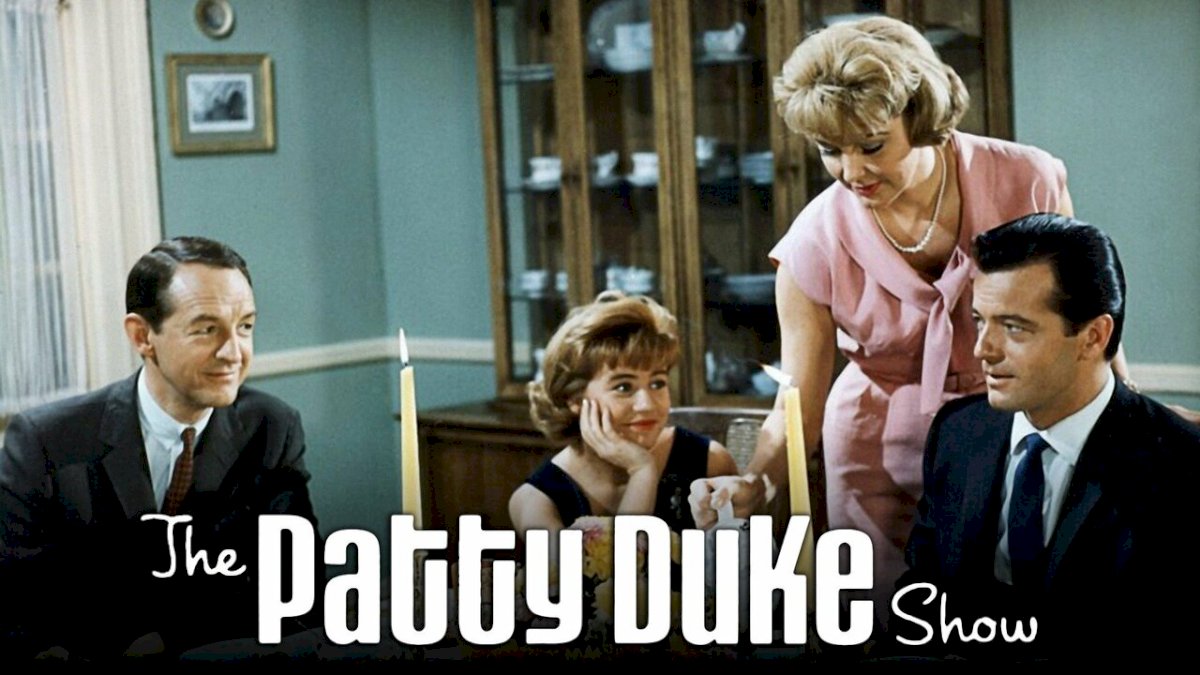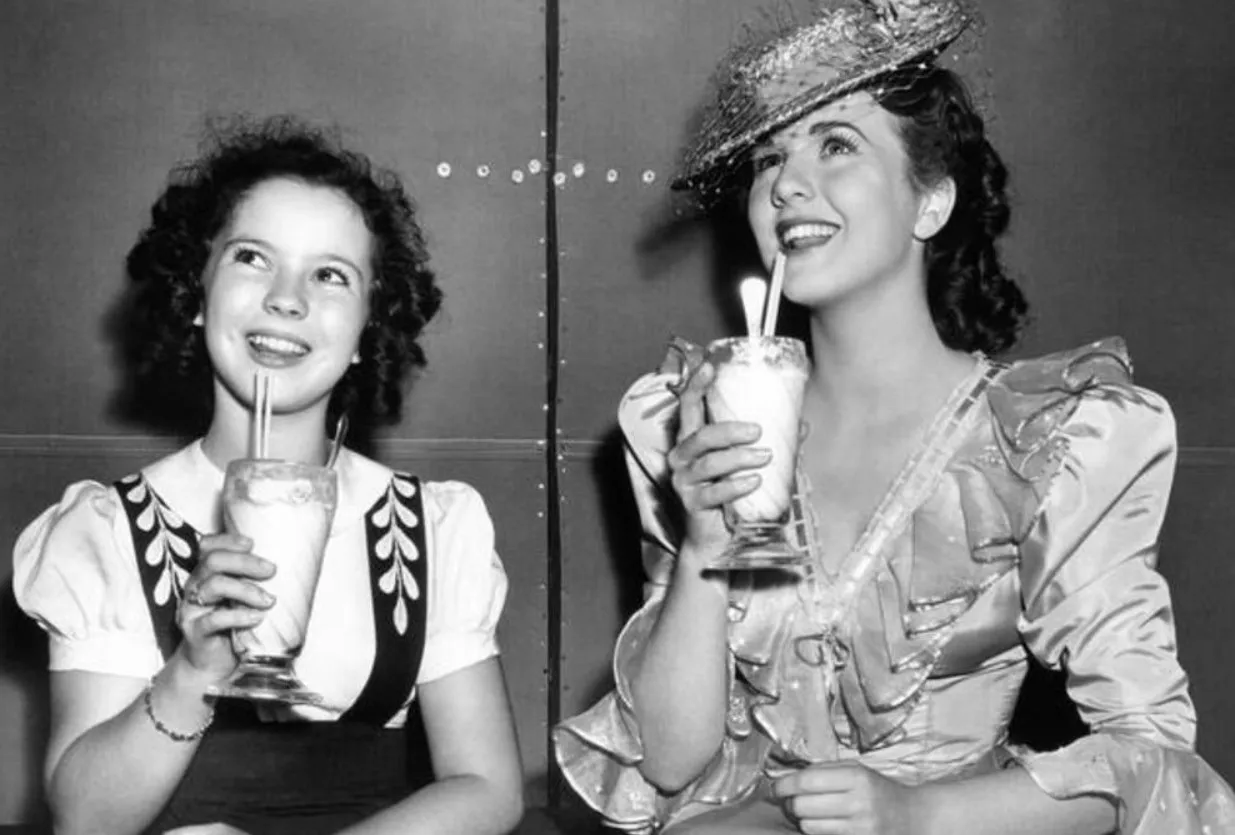For decades, television has been a window into our lives, reflecting societal norms and values. One enduring and beloved archetype that has stood the test of time is the TV mom. From the comforting Donna Reed of the 1950s to the progressive Rainbow Johnson of the 21st century, TV moms have played a crucial role in shaping cultural perceptions of motherhood. This article explores the evolution of TV moms, their impact on our collective consciousness, and the enduring lessons they've imparted over the decades.

The 1950s: The Donna Reed Era

In the 1950s, television was a burgeoning medium, and the portrayal of mothers was often idealized and emblematic of traditional family values. Enter Donna Reed, who starred in "The Donna Reed Show" from 1958 to 1966. As Donna Stone, she epitomized the perfect housewife and mother, always impeccably dressed and ready with a warm smile. Donna Reed set the standard for the nurturing, selfless TV mom, navigating the challenges of raising a family with grace and unwavering love.
The 1970s: Breaking the Mold with Carol Brady

The 1970s witnessed a shift in the portrayal of TV moms, reflecting the changing dynamics of American households. Enter Carol Brady from "The Brady Bunch" (1969–1974). Played by Florence Henderson, Carol was a widow raising three girls alongside her new husband, Mike Brady, who brought three boys into the mix. This blended family showcased a departure from traditional norms, addressing real-life challenges with humor and heart. Carol Brady became an iconic representation of the modern, blended family and the evolving role of women in society.
The 1980s: Working Moms and the Cosby Show

As the 1980s dawned, TV moms began reflecting the increasing number of women entering the workforce. "The Cosby Show" (1984–1992) introduced Claire Huxtable, portrayed by Phylicia Rashad, as a successful attorney and mother of five. Claire shattered stereotypes by seamlessly balancing a demanding career with her responsibilities at home. She demonstrated that a woman could be both professionally accomplished and nurturing, challenging societal expectations and paving the way for more diverse representations of motherhood.
The 1990s: Roseanne and the Realities of Motherhood

In the 1990s, Roseanne Barr brought a refreshing authenticity to the role of TV moms with her portrayal of Roseanne Conner in "Roseanne" (1988–1997). Roseanne was a working-class mom juggling the demands of family life, financial struggles, and a strong-willed personality. The show addressed issues such as economic hardships, teenage rebellion, and the complexities of parenting with humor and realism. Roseanne Conner challenged the notion of the perfect TV mom, resonating with audiences who appreciated the depiction of a flawed yet relatable mother figure.
The 2000s: The Complexities of Motherhood in "Desperate Housewives"

As the 21st century dawned, TV moms became more nuanced and complex. "Desperate Housewives" (2004–2012) featured a diverse group of women navigating the challenges of suburban life. Lynette Scavo, played by Felicity Huffman, embodied the struggles of modern motherhood – juggling a high-powered career, raising four children, and dealing with the pressures of societal expectations. "Desperate Housewives" explored the multifaceted nature of women's lives, highlighting the choices and sacrifices mothers make to create a semblance of normalcy.
The 2010s: Modern Family and the Ever-Evolving Mom

In the 2010s, "Modern Family" (2009–2020) presented a diverse array of family structures, including the unconventional yet endearing Pritchett-Dunphy clan. Claire Dunphy, portrayed by Julie Bowen, navigated the challenges of raising three distinct children with humor and love. "Modern Family" showcased the evolving definition of family, embracing non-traditional structures and challenging societal norms. Claire Dunphy became a symbol of adaptability, proving that love and support are the foundation of any family, regardless of its composition.
The Present: Rainbow Johnson and the Changing Face of Motherhood

As we enter the present decade, TV moms continue to evolve, reflecting the changing landscape of motherhood. Rainbow Johnson, played by Tracee Ellis Ross on "black-ish" (2014–present), represents a modern and dynamic mother figure. An anesthesiologist married to an advertising executive, Rainbow juggles a successful career with the challenges of raising four children in an upper-middle-class African American family. "black-ish" addresses contemporary issues of race, identity, and social justice, highlighting the complexities of parenting in a rapidly changing world.
Lessons from TV Moms

Beyond entertainment, TV moms have left an indelible mark on our cultural consciousness, offering valuable lessons that resonate across generations:
Unconditional Love: TV moms consistently emphasize the importance of unconditional love. Whether faced with teenage rebellion, financial struggles, or personal challenges, their love remains unwavering.
Resilience: TV moms demonstrate resilience in the face of adversity. From navigating career challenges to addressing family conflicts, these mothers inspire us to face life's obstacles with strength and determination.

Adaptability: The evolving portrayals of TV moms underscore the importance of adaptability. Motherhood takes different forms, and TV moms reflect the diverse roles women play in society.
Humor in Parenting: Many TV moms use humor to navigate the challenges of parenthood. From witty remarks to comedic situations, laughter becomes a powerful tool in building familial bonds.
Breaking Stereotypes: TV moms challenge societal stereotypes by showcasing the diversity of women's experiences. Whether as working professionals, single parents, or members of non-traditional families, these characters broaden our understanding of motherhood.
Conclusion

TV moms have been more than just characters on the screen; they have been guiding lights, shaping societal perceptions of motherhood and family. From Donna Reed's nurturing warmth to Rainbow Johnson's modern complexity, these characters have evolved alongside our understanding of the diverse roles mothers play in our lives. As we continue to celebrate the mothers we see on TV, let us also appreciate the real-life moms who draw inspiration from these fictional figures, embodying the timeless qualities of love, resilience, and adaptability that TV moms have imparted over the decades.



